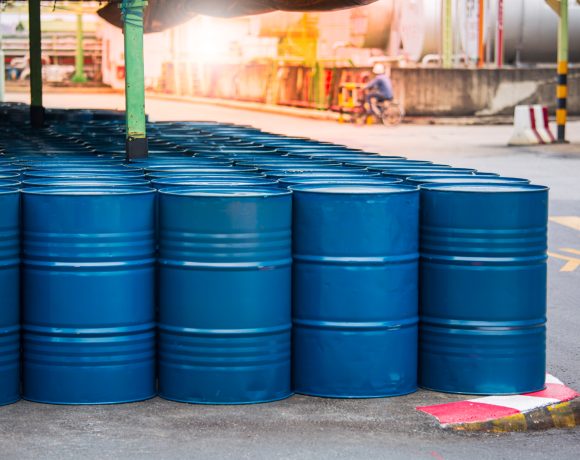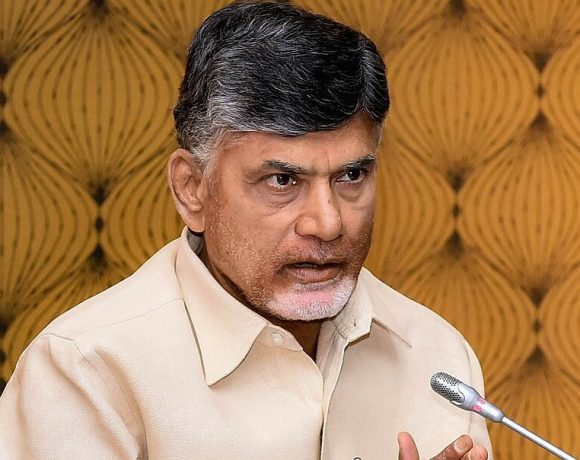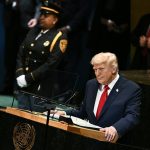
India-EFTA Trade Pact Becomes Operational
The Trade and Economic Partnership Agreement (TEPA) between India and the European Free Trade Association (EFTA) came into effect on October 1, 2025, as announced by Commerce Minister Piyush Goyal. The pact involves Switzerland, Norway, Iceland, and Liechtenstein.
Key Features of the Agreement
Under TEPA, EFTA will remove or reduce tariffs on about 92.2% of its tariff lines for Indian exports. India, in turn, will extend duty concessions on 82.7% of tariff lines, covering nearly 95.3% of EFTA exports. Sensitive areas, including specific agricultural products and gold, remain protected from full tariff liberalisation.
Investment Commitments
A major highlight of the pact is the commitment by EFTA to invest USD 100 billion over 15 years in India, with the potential to create one million direct jobs. This is seen as one of the most ambitious investment guarantees in any trade deal signed by India.
Expected Benefits
The pact is expected to boost India’s exports of textiles, leather, machinery, pharmaceuticals, and precision instruments. On the other hand, imports from EFTA nations—such as chocolates, wines, watches, and advanced machinery—are expected to become more affordable for Indian consumers.
Leaders’ Reactions
Goyal described the agreement as a “historic milestone,” emphasising its balanced benefits for both sides. EFTA leaders welcomed the deal, calling it a strong foundation for deeper economic and trade ties, while also highlighting rising interest among Swiss and Nordic firms in the Indian market.


















